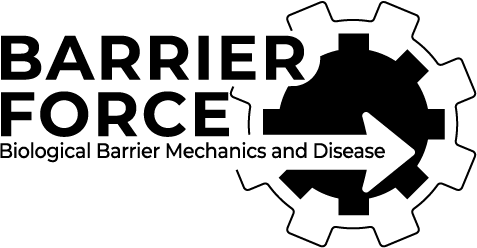DLL4/Notch3/WNT5B axis mediates bidirectional prometastatic crosstalk between melanoma and lymphatic endothelial cells
JCI Insight. 2024 Jan 9;9(1):e171821. doi: 10.1172/jci.insight.171821.
ABSTRACT
Despite strong indications that interactions between melanoma and lymphatic vessels actively promote melanoma progression, the molecular mechanisms are not yet completely understood. To characterize molecular factors of this crosstalk, we established human primary lymphatic endothelial cell (LEC) cocultures with human melanoma cell lines. Here, we show that coculture with melanoma cells induced transcriptomic changes in LECs and led to multiple changes in their function. WNT5B, a paracrine signaling molecule upregulated in melanoma cells upon LEC interaction, was found to contribute to the functional changes in LECs. Moreover, WNT5B transcription was regulated by Notch3 in melanoma cells following the coculture with LECs, and Notch3 and WNT5B were coexpressed in melanoma patient primary tumor and metastasis samples. Moreover, melanoma cells derived from LEC coculture escaped efficiently from the primary site to the proximal tumor-draining lymph nodes, which was impaired upon WNT5B depletion. This supported the role of WNT5B in promoting the metastatic potential of melanoma cells through its effects on LECs. Finally, DLL4, a Notch ligand expressed in LECs, was identified as an upstream inducer of the Notch3/WNT5B axis in melanoma. This study elucidated WNT5B as a key molecular factor mediating bidirectional crosstalk between melanoma cells and lymphatic endothelium and promoting melanoma metastasis.
PMID:37971882 | DOI:10.1172/jci.insight.171821
